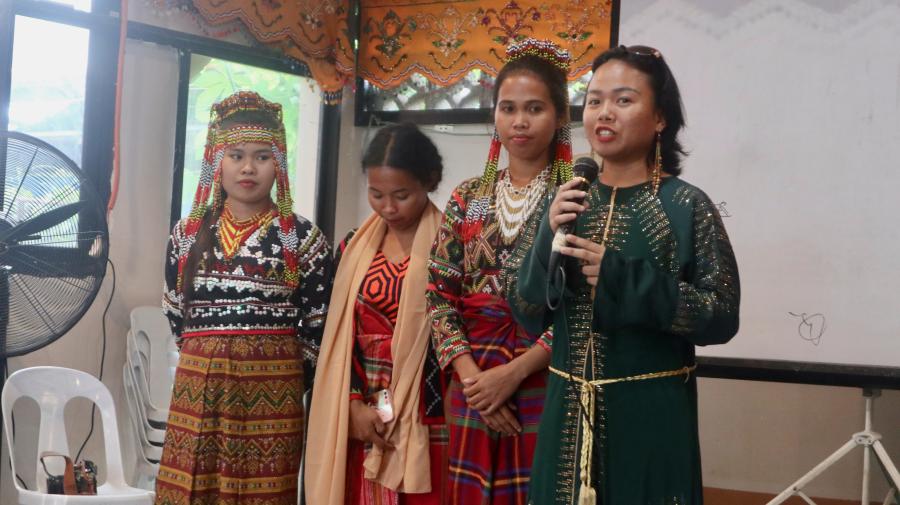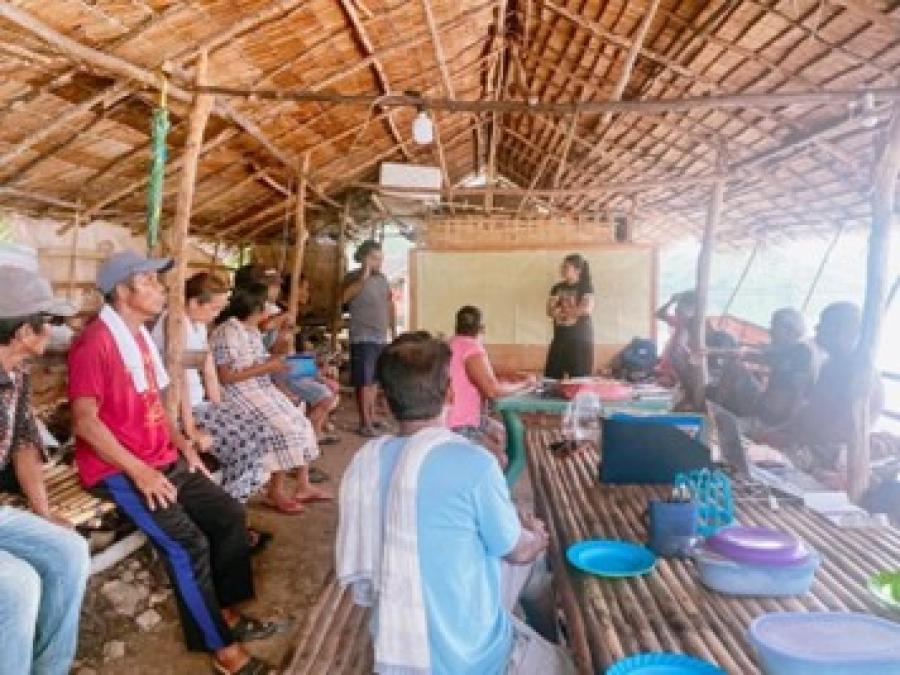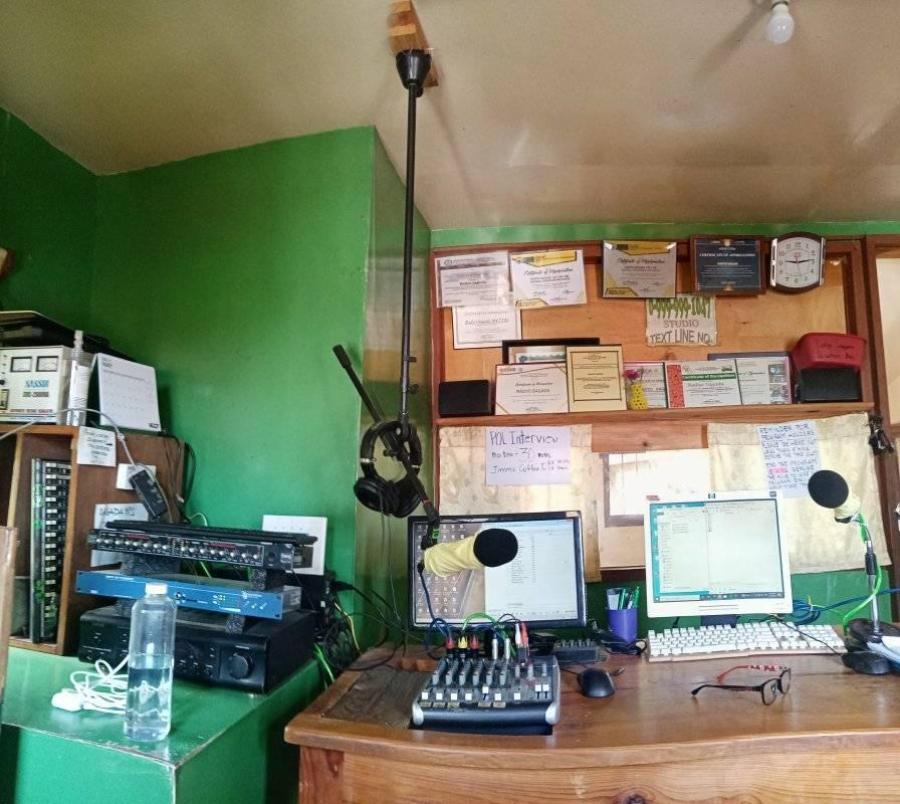On the northern end of Luzon island in the Philippines is a mountainous region called the Cordillera. known as the vegetable basket of the country, the Cordillera region encompasses seven provinces, has a total land area of over 1.8 million hectares, and is home to 1.3 million indigenous people. The Cordillera also sits upon a rich mineral belt that traverses the region. The Department of Environment and Natural Resources survey records indicate the presence of 1.96 million metric tons of gold, 960.6 million metric tons of copper, and 3000 metric tons of manganese.
The Philippine government, enthusiastically pursuing the World Bank/IMF development model, is eager to exploit this vast wealth of natural resources. Its Mining Act of 1995 makes the Cordillera even more attractive to transnational corporations as it provides for 100 percent foreign ownership; total control of the mineral-rich lands including full water and timber rights and even the right to evict communities from approved areas. As of July, 2000, over half of the entire land area of the Cordillera has mining applications pending. And more keep coming.
For the mining companies, it's a golden opportunity. But for the Igorot peoples, who comprise seven major ethnolinguistic groups and have lived on and tended to the Cordillera since time immemorial, it's an outrage -- one they are mobilizing to fight. The Cordillera People's Alliance (CPA) is a confederation of grassroots organization of indigenous peoples of the Cordillera. They formed in 1984 around the successful indigenous struggles against the Chico dams and commercial logging, and are currently in the forefront of the anti-mining movement. "We are promoting indigenous people's rights and working for the recognition and defense of these rights, especially now in the face of, globalization, with peoples resources and territories being taken over by multinational companies," says Joan Carling, CPA's Secretary-General and a Kankana-ey from Benguet province.
The growing anti-mining movement is raising a number of issues and concerns about the entry of large-scale mining into members' communities. These include the poisoning of the rivers, devastation of the forest, destruction of their farmland, and the total disregard for their ancestral land rights. "Mining is an outright violation of our inherent rights over our land and resources. Because our life depends on the land, our spirituality -- our culture -- is basically in oneness with the land. So once you evict indigenous people from the land, that's already ethnocide. They lose their ethnicity and their distinctness," explains Ms. Carling. "And we are now trying to prevent this from happening."
Opposition to mining in the Cordillera is widespread and militant. A unity pact has been signed by elders from all provinces of the Cordillera vowing to oppose the entry of mining companies in collective defense of their land, livelihood, and resources. In Mountain Province, the anti-mining sentiment has grown so strong that the provincial governor has publicly proclaimed a no-entry policy on mining operations there. But many people are skeptical. There have been reports of mining companies bribing local officials to endorse their applications and to discourage popular opposition. It is also alleged that "development projects" have been offered as a bonus to local officials for their support.
The CPA and other organizations in mining-affected communities have been conducting strong public information campaigns, and Ms. Carling believes this may be enough to dissuade some mining companies from pursuing their interests in the Cordillera. However, she says, "others are determined to conduct their operations here in spite of our appeals, in spite of the irreversible costs -- social, environmental, cultural: everything."
The company with the largest potential stake in the wealth of the Cordillera is Newmont Mining Corporation, based in Colorado. Its applications cover a third of the entire Cordillera region, spread across all of the provinces. Worldwide, Newmont has not ingratiated itself with the communities from which it extracts its substantial profits. It is the focus of a global protest movement spanning Peru, Indonesia, and several Native nations in the western United States, including the Quechan in California and the Newe, or Western Shoshone, in Nevada.
Newmont's mining operations in these areas have left behind arid wastelands, open pits of contaminated earth, and rivers of dead fish, in addition to the host of social, cultural, and economic problems that come from uprooting entire communities of land-dependent people.
In defiance of the appeals voiced by the indigenous people of the Cordillera, Newmont has indicated a determination to proceed. This is what the Philippine government wants, the corporation claims. Joan Carling, for one, says no thank you. She emphasizes: "we are not against development per se. We are against a development that is being imposed on us and is not consistent with the practice of our indigenous way of life, which is more sustainable and meets the needs of the people. We believe that globalization is essentially West-oriented in terms of satisfying the needs of multinational companies and the people of the First World. It is an outright violation of our rights to find our own path to development."
Article copyright Cultural Survival, Inc.



